The truth about the iPhone, Flash video and battery life
Does playing Flash video really sap an iPhone's battery life? We find out using our exclusive set of tests.
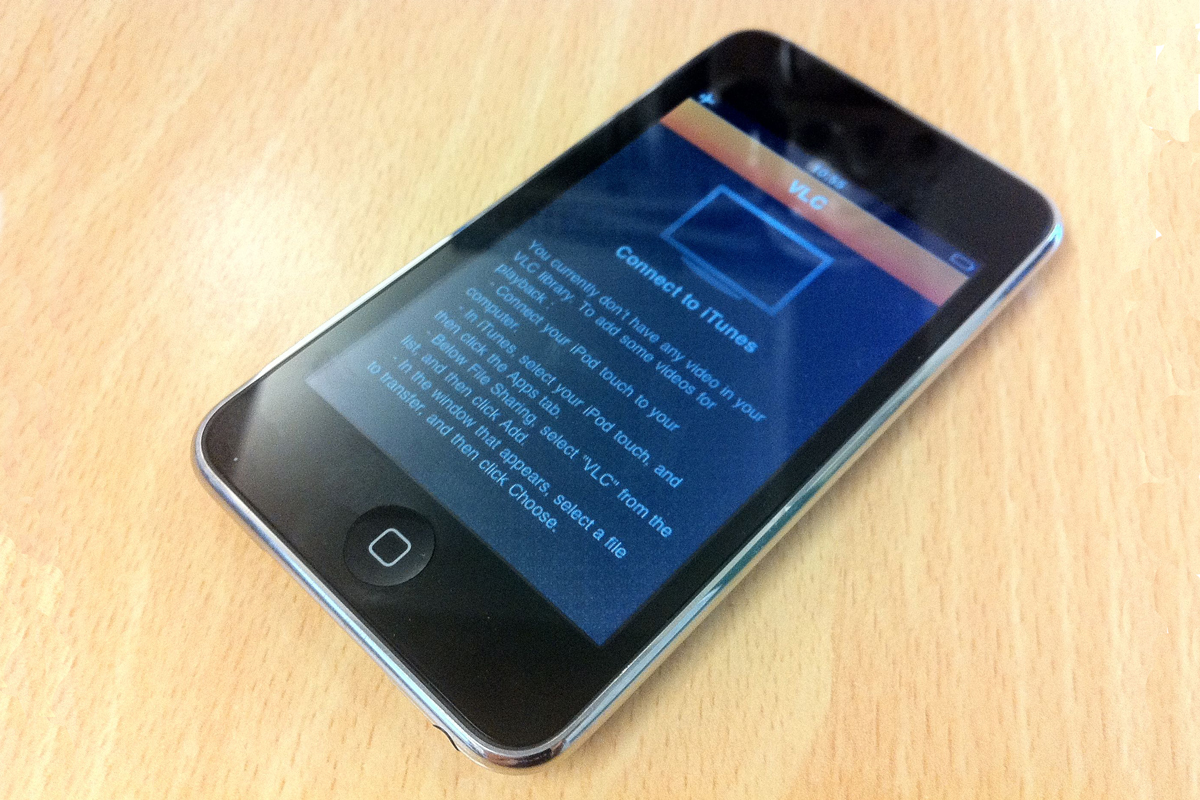
One of the most bitter and unresolved disputes in the technology industry is the war of words between Apple and Adobe over the issue of Flash Player and the iPhone. Most online videos are encoded in Flash, but the iPhone (and other iOS devices such as the iPad and iPod Touch) don't support it. Why not?
In an open letter back in April 2010, Apple chief executive (CEO) Steve Jobs listed several reasons why Apple has declined to include a version of Flash Player on the iPhone. One of them was the claim that Flash videos drain a smartphone's battery more quickly than videos in Apple's favoured H.264 format.
In response, Adobe CEO Shantanu Narayen called Jobs' list of technical issues a 'smokescreen'. He specifically stated that Jobs' concerns about Flash's effect on battery life 'patently false'.
Since Flash Player isn't publicly available for the iPhone (if it exists at all), it's difficult to tell who's right. Nonetheless, we decided to undertake our own series of tests to find out what effect playing Flash video has on the battery life of an iOS device and our results will surprise you.
What's At Stake
The spat between Apple and Adobe could have big implications for the tech industry.
Apple's favouring of H.264 over Flash has helped increase the popularity of H.264. For example, YouTube has converted its entire library to H.264 for playback on iOS devices. If Apple's claims about Flash's effect on battery life are true, then Flash's popularity could decline as smartphones and other similar mobile devices, such as tablets, become more popular.
Get the ITPro daily newsletter
Sign up today and you will receive a free copy of our Future Focus 2025 report - the leading guidance on AI, cybersecurity and other IT challenges as per 700+ senior executives
In a wider context, if Apple is right, then Flash, one of Adobe's primary products is severely unsuited, for a growing, and potentially huge number of mobile computing devices. The company could therefore lose out financially unless it embraces Flash alternatives.
If Adobe is right, then Apple's policy of strictly controlling its products is seriously flawed by denying its iOS customers use of a popular technology that is available on rival Android devices.
-
 Should AI PCs be part of your next hardware refresh?
Should AI PCs be part of your next hardware refresh?AI PCs are fast becoming a business staple and a surefire way to future-proof your business
By Bobby Hellard Published
-
 Westcon-Comstor and Vectra AI launch brace of new channel initiatives
Westcon-Comstor and Vectra AI launch brace of new channel initiativesNews Westcon-Comstor and Vectra AI have announced the launch of two new channel growth initiatives focused on the managed security service provider (MSSP) space and AWS Marketplace.
By Daniel Todd Published
-
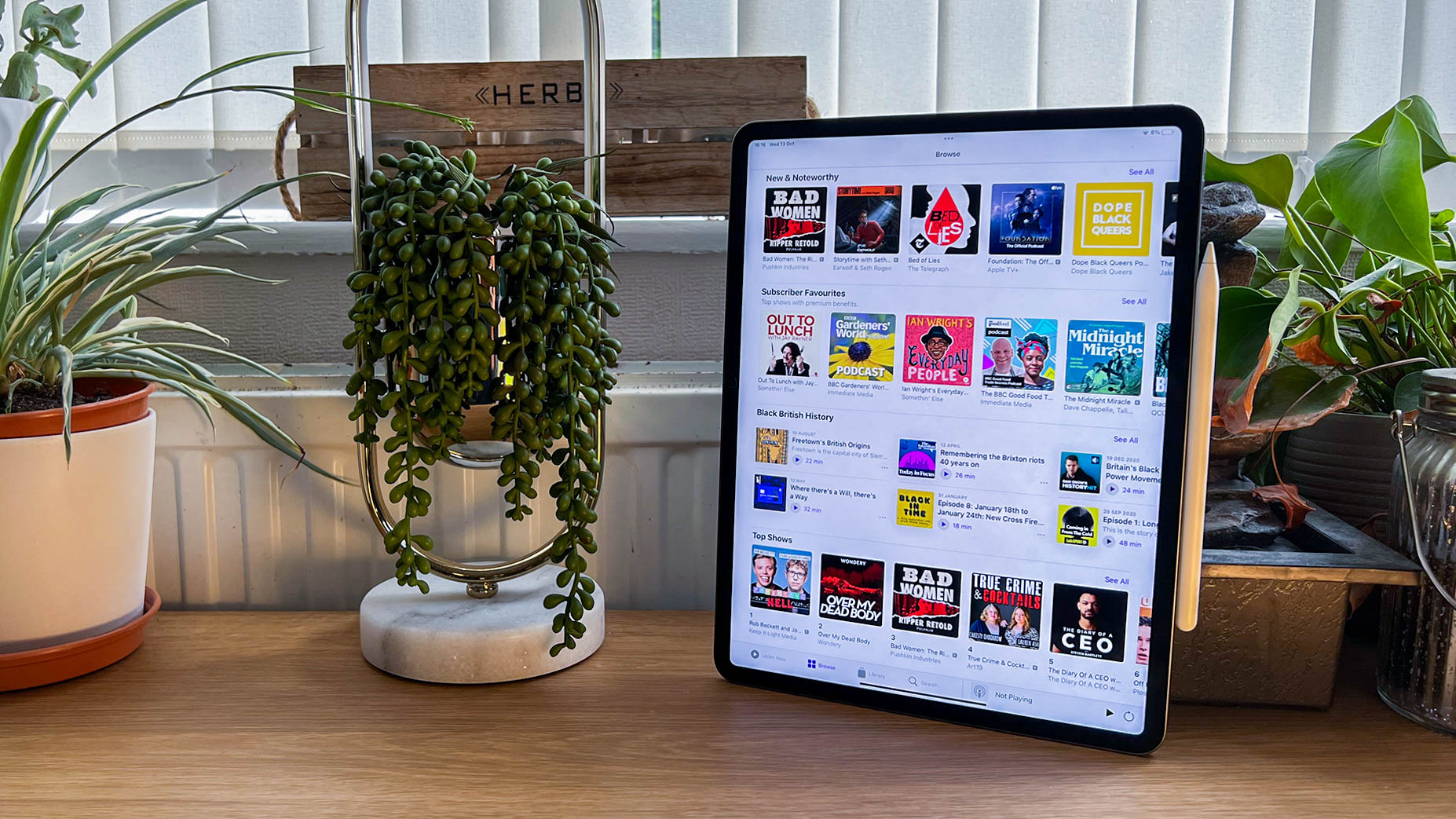
 Apple iPad Pro 12.9in (2021) review: A giant leap for Apple silicon
Apple iPad Pro 12.9in (2021) review: A giant leap for Apple siliconReviews Paired with a 120Hz display with incredible colour accuracy, the iPad Pro is more deserving of its name than ever
By Josh Brown Last updated
-
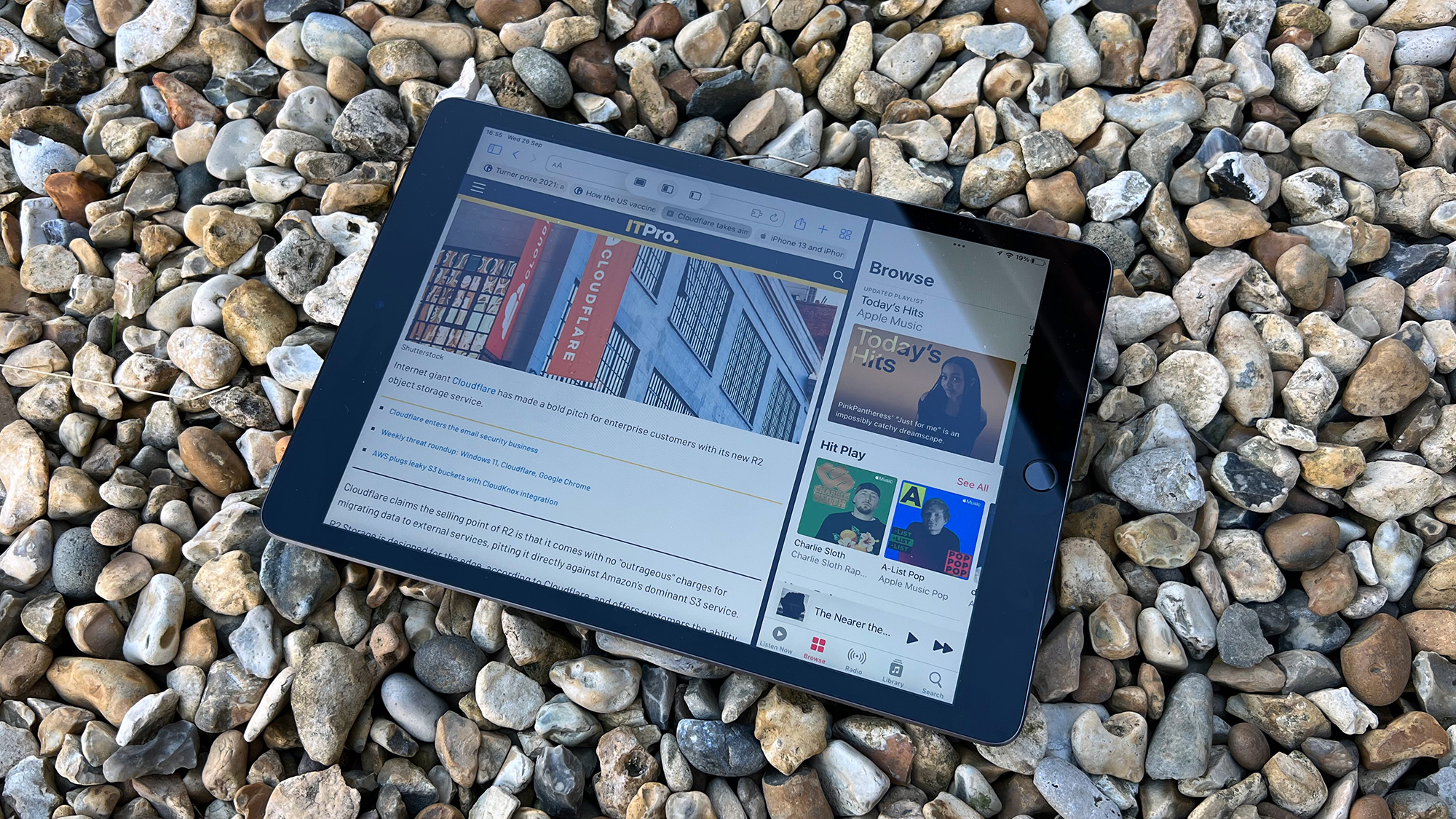
 Apple iPad (2021) review: The best entry-level iPad
Apple iPad (2021) review: The best entry-level iPadReviews Although pointing more to the past than the future, this iPad succeeds where it matters
By Craig Grannell Published
-
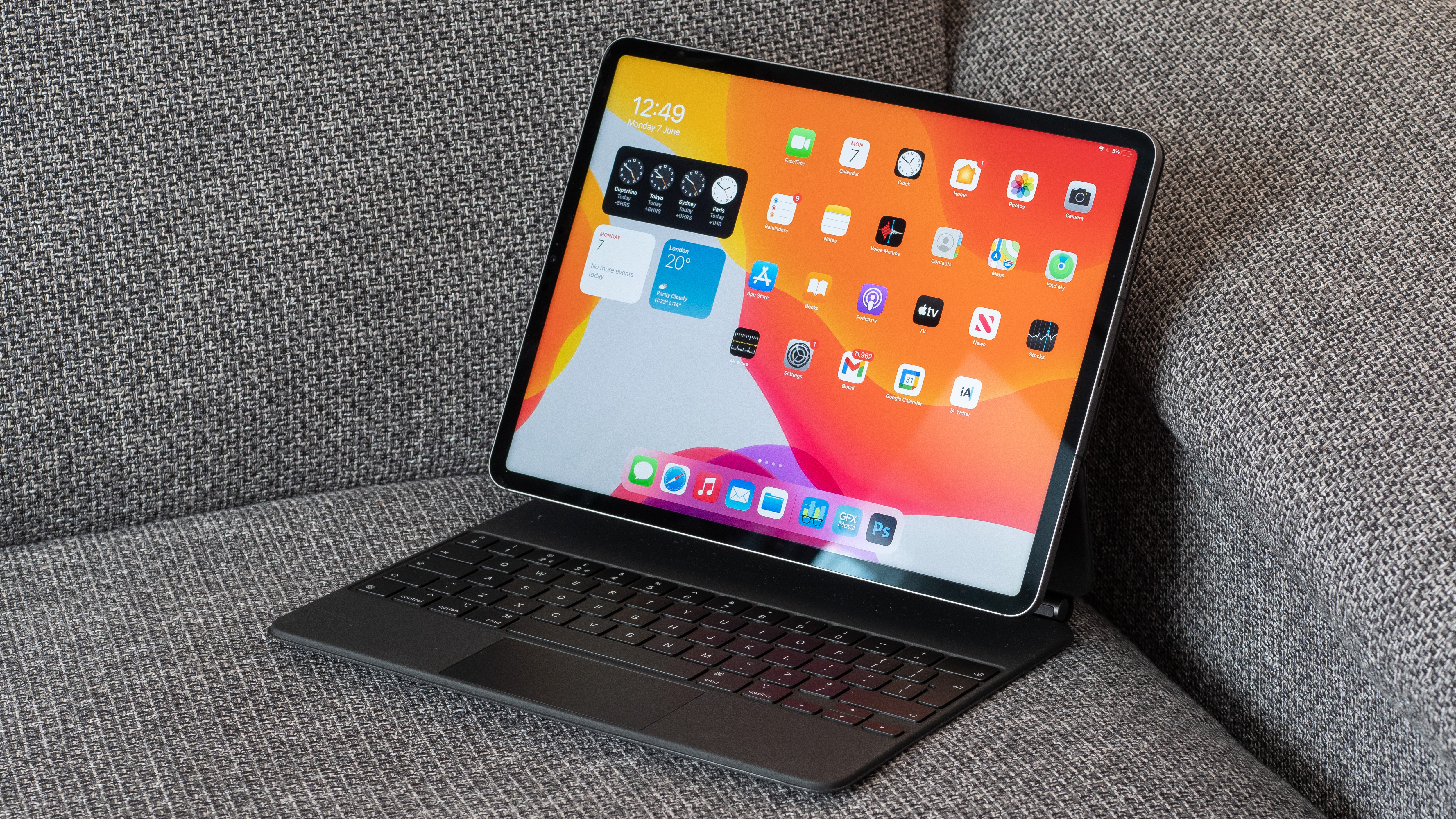 Apple iPad Pro 12.9in (Apple M1, 2021) review: Falls just short of greatness
Apple iPad Pro 12.9in (Apple M1, 2021) review: Falls just short of greatnessReviews More of a laptop alternative than ever with a stupendous display but iOS still has flaws
By Jonathan Bray Published
-
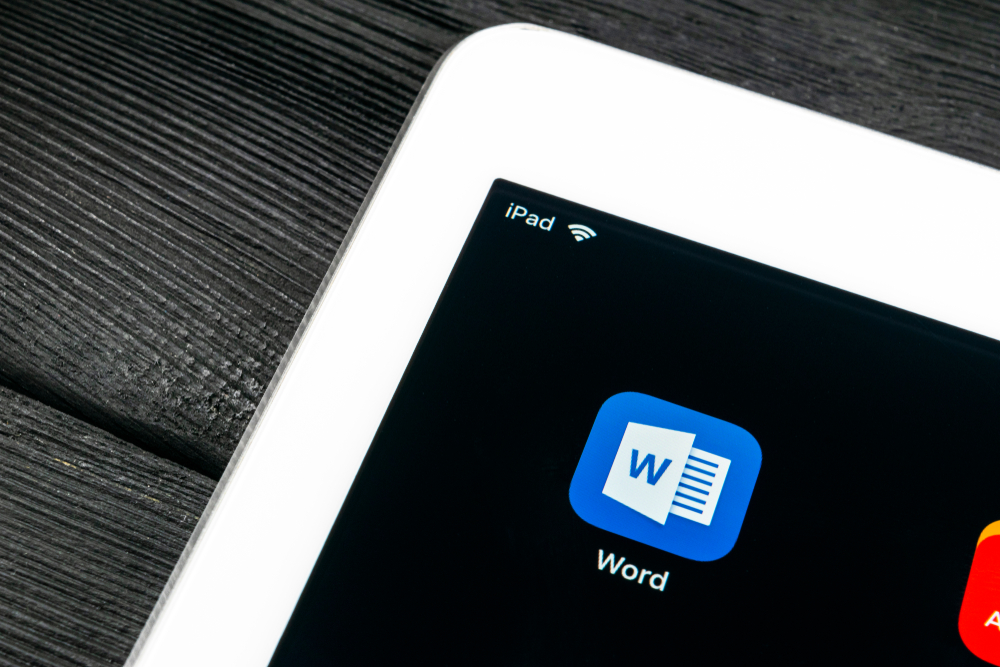 Microsoft Office for iPad gets mouse and trackpad support
Microsoft Office for iPad gets mouse and trackpad supportNews The iOS app update also brings a new start screen and a ribbon of feature menus
By Tyler Omoth Published
-
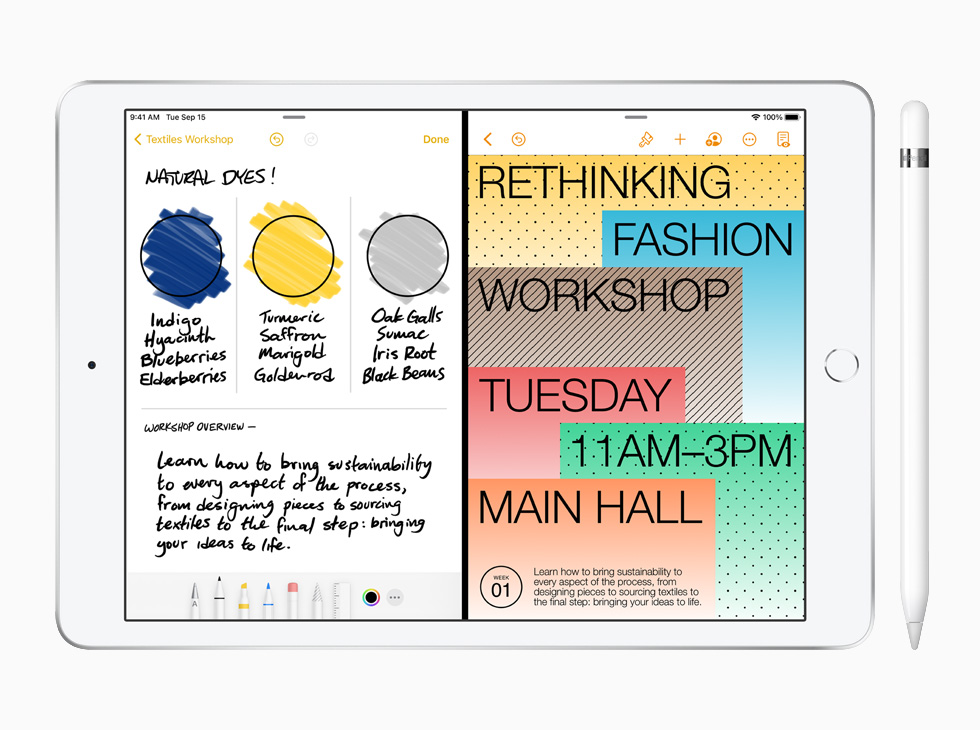 The 8th-generation iPad debuts with the A12 Bionic chip
The 8th-generation iPad debuts with the A12 Bionic chipNews Apple claims it's latest entry-level iPad is three times faster than the top Android tablet
By Sarah Brennan Published
-
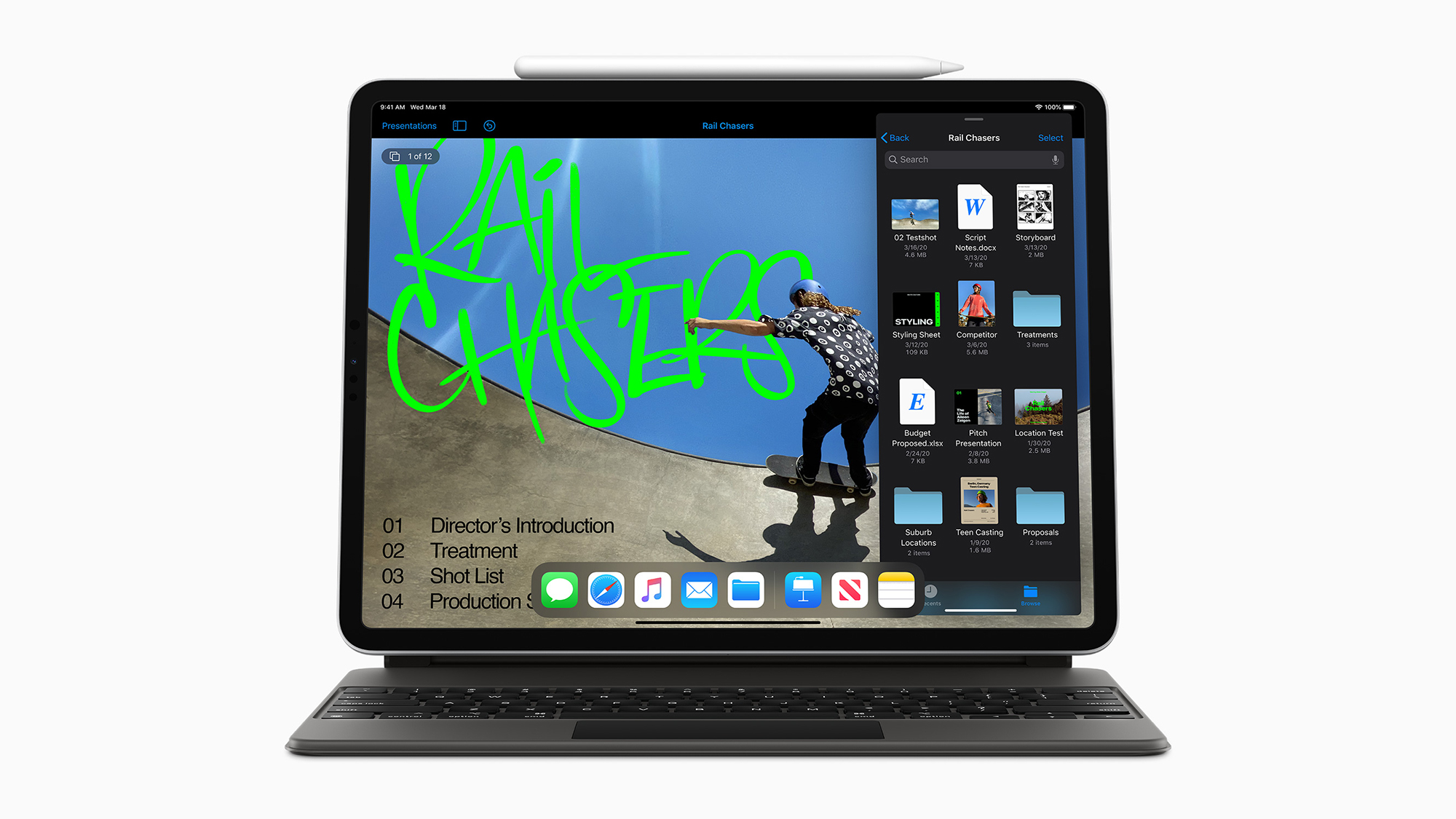
 Apple iPad Pro 12.9in (2020) review: Believe the hype
Apple iPad Pro 12.9in (2020) review: Believe the hypeReviews The most expensive and most ambitious iPad yet
By Jon Honeyball Published
-
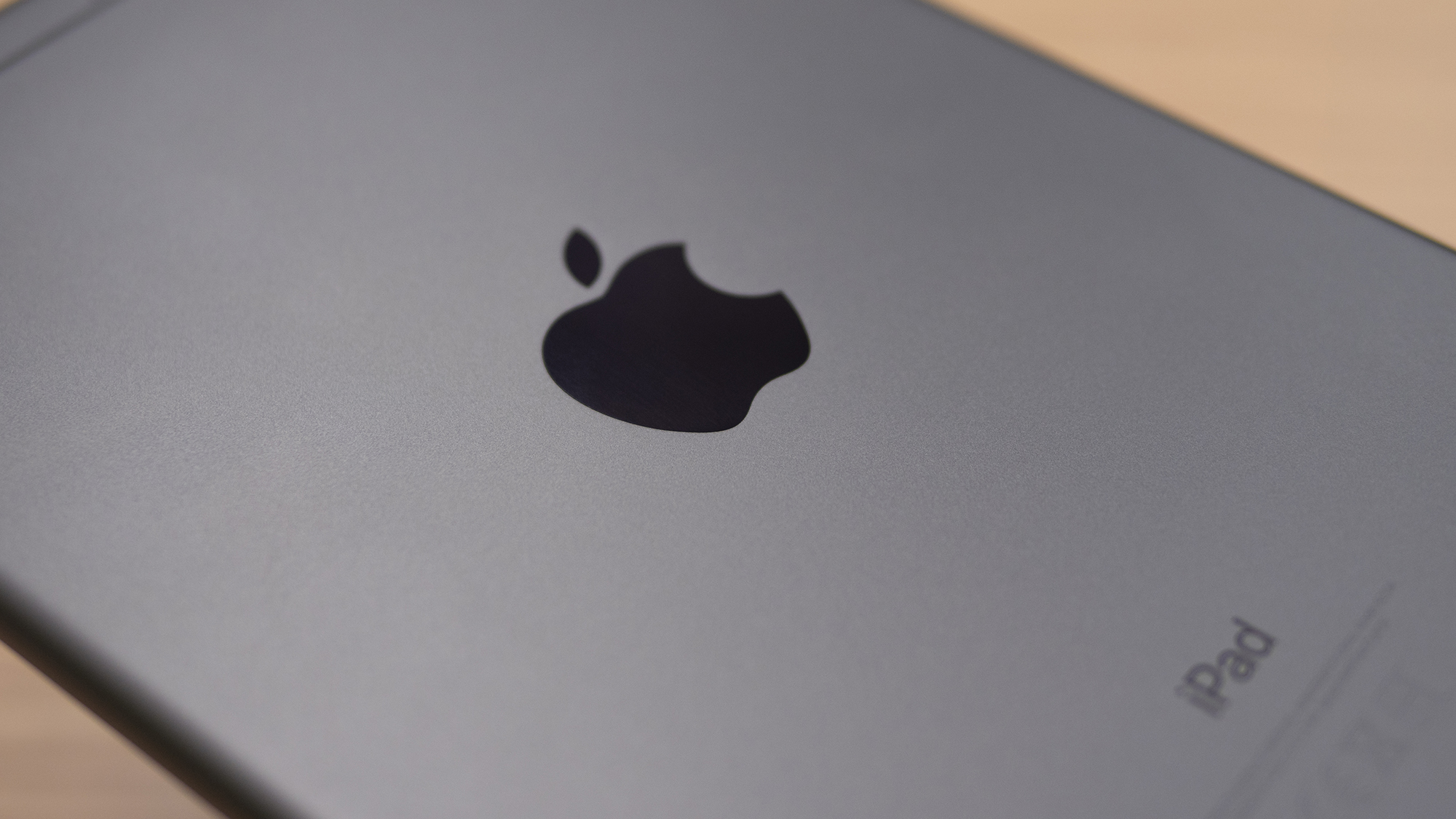 Apple confirms serious bugs in iOS 13.5
Apple confirms serious bugs in iOS 13.5News No fix is available yet for the heavy battery drain and log-in issues
By David Gargaro Published
-
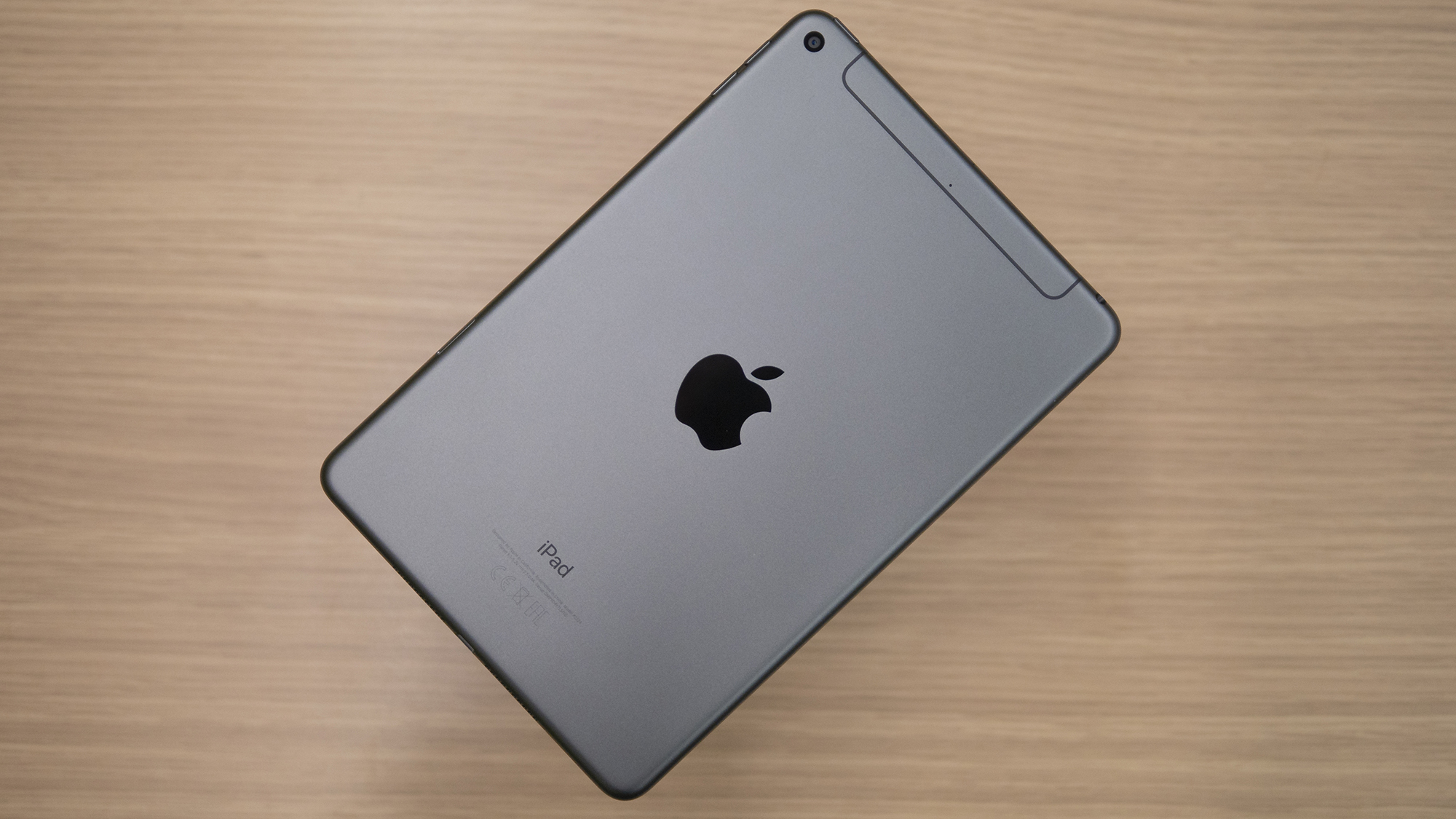
 Apple iPad mini 5 (2019) review: If it ain’t broke...
Apple iPad mini 5 (2019) review: If it ain’t broke...Reviews Almost four years on, the new iPad mini is still every bit as good as always
By Adam Shepherd Published